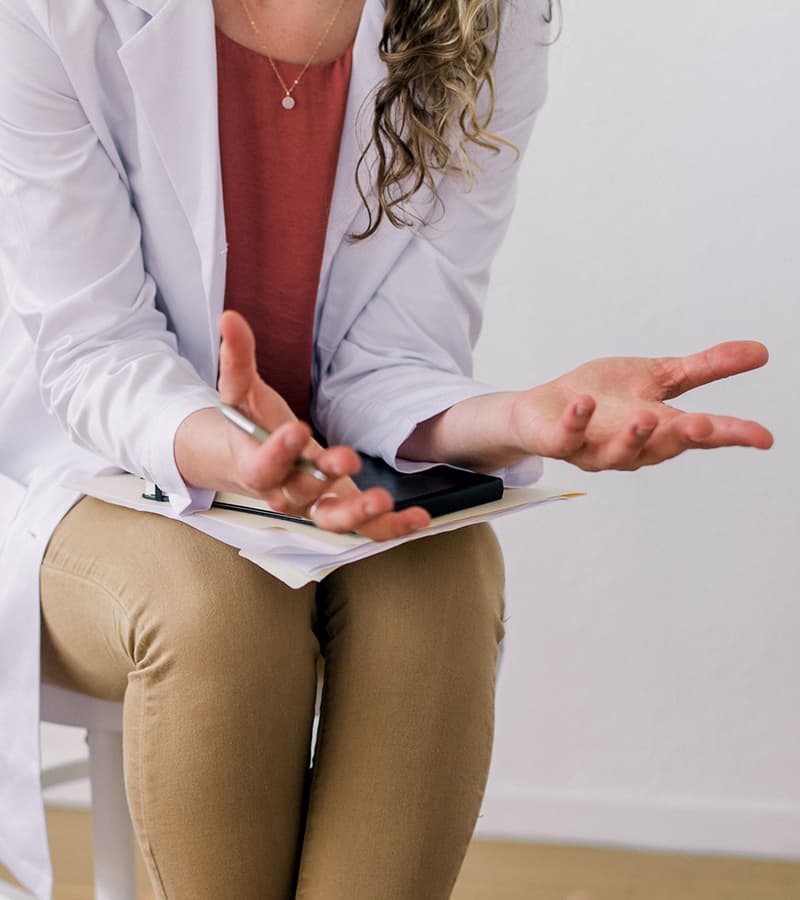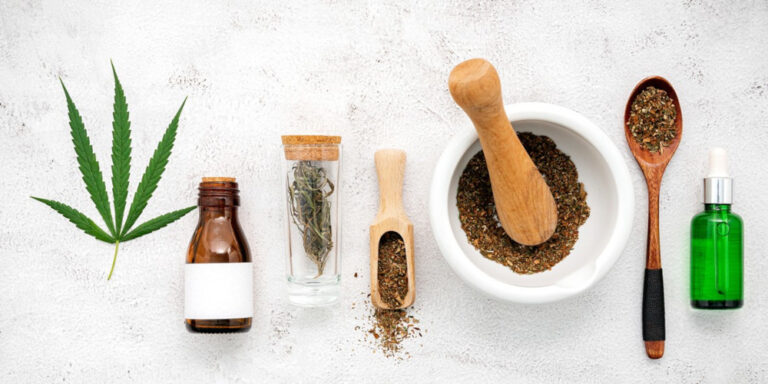Top Advice
to those struggling with addiction
Those who are struggling
in the cycle of active addiction, compulsive and obsessive using and/or drinking, often can’t see a way out.
But there is a way out. Recovery is not for the chosen few: It is for anyone who is willing to go to any lengths and work a recovery programme.
This often means doing things that are initially uncomfortable and difficult, such as being completely honest and vulnerable. But the risk is worth the reward and the countless addicts in recovery can attest to this fact. If you look for them, you will find them.

But are you ready to accept that you are an addict and/or alcoholic?
It might help to know that addiction is a brain disease and it is a diagnosable mental health disorder featured in the psychiatric handbook – the Diagnostic and Statistical Manual 5th edition.
There is no one single cause responsible for you developing the disease of addiction and it doesn’t help to look for something or someone to blame.
Developing an addiction comes down to a complex interplay between genetics, environment, past experiences (including trauma) and the presence of other mental health conditions.
For example, if a person develops diabetes – and her father has the same illness – she probably inherited the genetic predisposition to develop it. Does it help her and her illness to blame her father? No. She accepts she has an illness and that she needs to take her treatment and change her lifestyle as prescribed.
Addiction is similar in this regard. If you want to experience long-term recovery from active addiction you need adjust your lifestyle and take your treatment every day (your treatment would be working a strong programme of recovery).
There are a number of ways to work a recovery programme but the most established and accessible option is through a 12-step programme.
What is involved in this type of recovery programme? A simple way to look at it is: You have to be three things and do five things. For sustainable recovery you need to be:
- Honest
- Open-minded
- Willing
And you need to do five things i.e., the five pillars of recovery:
- Go to meetings
- Get a higher power and strengthen your relationships with it
- Get a sponsor
- Do stepwork, guided by your sponsor
- Do service – help others, within or outside of the 12-step fellowship
Another helpful tip to help addicts in recovery is to identify your triggers and avoid them or learn healthy ways to cope with them.
Common triggers applicable to most addicts include the acronym HALTS. HALTS stands for:
- Hungry – Ensure you are not hungry and eat regular meals, preferably as part of a balanced diet
- Angry – Watch out for getting angry as it can leave you vulnerable to relapse
- Lonely – Think of ways to prevent loneliness from taking hold: It is easy to find friends in recovery who are part of a 12-step fellowship
- Tired – Ensure you get enough sleep because being tired can leave you vulnerable to relapse
- Sick – Pay attention to both your physical and mental health and if you are sick, ask for help
A final piece of advice that you may find helpful is: A relapse or slip up can be arrested and does not need to turn into a full-blown and protracted relapse. If you fall and have a drink or pick up a drug, get help immediately. Many addicts get stuck in the guilt and shame of a relapse and these emotions prevent them from seeking help.
Relapse happens. If it has happened to you, accept it and don’t let it come to define you. Don’t let guilt and shame stop you from getting help, calling your sponsor and other friends in recovery. You are likely to find genuine acceptance, love and compassion from those working a solid programme of recovery.






